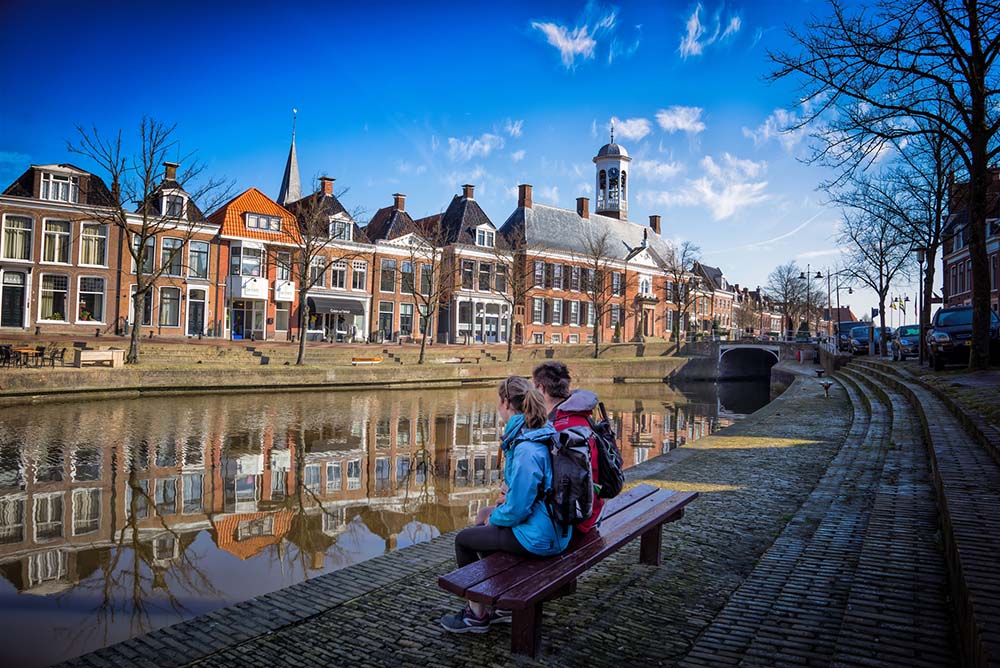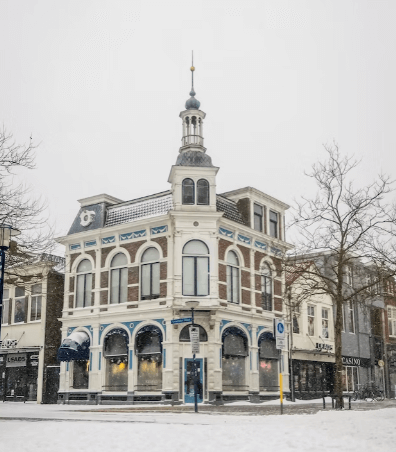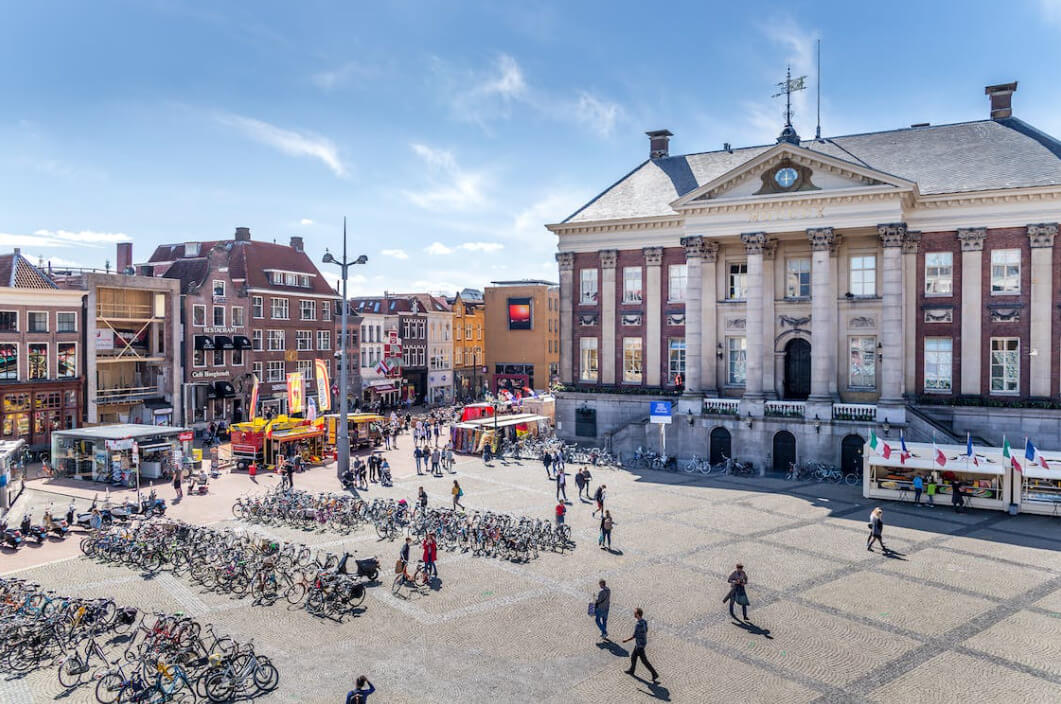PhD Using Acoustic Ecology to Understand Effects of Wind Farms on Fish and Mammals

We are looking to hire one PhD student within the European Union Project LIFE IP GrassBirdsHabitats (www.grassbirdhabitats.eu) to work on a research project on Agro-ecological rice systems for wetland biodiversity conservation in Senegal, West Africa. This 4-year PhD position is embedded within a vibrant and internationally recognized academic environment at the University of Groningen (RUG), specifically within the Faculty of Science and Engineering (FSE), in the Groningen Institute for Evolutionary Life Sciences (GELIFES), and in collaboration with the interfaculty research centre BirdEyes Centre for Global Ecological Change.
Background
West African wetlands are critical ecosystems providing essential environmental and socio-economic benefits, while rice agriculture forms the backbone of food security and cultural practices across the region, exemplified by its staple role in Senegal. Historically, traditional rice farming often co-existed with wetlands, but increasing demand has led to agricultural intensification, notably in the Senegal River Delta, raising concerns about wetland degradation and biodiversity loss. This PhD project will investigate agro-ecological rice systems in the intensively farmed Senegal River Delta and the This PhD project at GELIFES, the University of Groningen, aims to characterize underwater soundscapes of fish and marine mammals to evaluate impacts of wind farms in the North Sea. The spatial planning and use of the North Sea over the next 30 years will be fundamentally shaped by a shift away from fossil (oil and gas) to renewable (primarily wind) energy. The Dutch Climate Act established a target of ≥ 49% reduction in CO2 emissions by 2030 and 95% by 2050 (compared to 1990 emission levels). Realizing this transition will require continued expansion of energy from offshore wind farms (OWFs) from an estimated 4.5 GW in 2023 to 11.5 GW by 20301 satisfying 8.5% of the nation’s total energy requirement. Albeit necessary, these OWFs will create an unprecedented human footprint in the Dutch North Sea, and the environmental effects and economic impacts to other sectors such as fisheries of current and upscaled OWF installations remain largely unknown.
NO-REGRETS (North Sea Renewable Energy: Gaining the Required Ecological Knowledge for the Transition) is a six-year (2025-2031) project funded by the Dutch Research Council (NWO-NWA ORC) which examines the ecological and economic trade-offs of upscaling Offshore Wind Farms (OWFs) in the context of climate change and the ongoing food and nature transitions in the North Sea. The project has an interdisciplinary consortium of world-class expertise from eight Dutch Universities, five Research Institutes and relevant societal stakeholders that play a major role in research and management of the North Sea. The six-year program (2025-2031) advances knowledge on potential impacts of OWFs on ocean currents, suspended sediments, microscopic plankton, various life stages of fishes, seabed composition, seafloor organisms, marine mammals, and sea birds. Economic analyses explore changes in the value of marine fisheries and other ocean assets. Co-developed with stakeholders, NO-REGRETS will create tools allowing policymakers, industries and other stakeholders to gauge and optimize the ecological and bioeconomic consequences of North Sea OWF expansion.
The announced PhD position focuses on foraging and life-cycle ecology of fish and marine mammals. The PhD will work on characterization of underwater soundscapes to evaluate impacts of wind farms on the behaviour of fish and marine mammals. A main task is to work on automated identification of biological sounds using passive acoustic data. Passive acoustic monitoring will be conducted with species identification based on a neural network trained and tuned to the turbulent waters of the North Sea. Existing automated detection algorithms will be used to identify seals and porpoises. The results will be used to create seasonal acoustic presence maps, investigate differences in community composition inside and outside wind farms and identify how OFWs impact the behaviour of different species groups. The research is a cooperation between Groningen and Leiden Universities, and the position is placed at Groningen Institute for Evolutionary Life-Sciences, University of Groningen.
Organisation
Founded in 1614, the University of Groningen enjoys an international reputation as a dynamic and innovative institution of higher education offering high-quality teaching and research. Flexible study programmes and academic career opportunities in a wide variety of disciplines encourage the 34,000 students and researchers alike to develop their own individual talents. As one of the best research universities in Europe, the University of Groningen has joined forces with other top universities and networks worldwide to become a truly global centre of knowledge.






